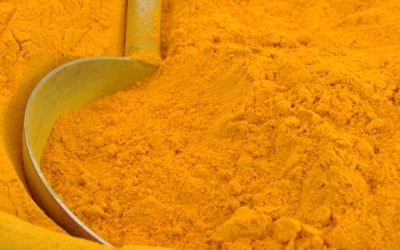When your wellness is at risk of diabetes, there are several things that doctors recommend so that you can guard your wellbeing against the disease. The major recommendations include improving your fitness levels, losing weight and eating a healthy diet, but as many patients with prediabetes – a precursor to full-blown type 2 diabetes – are in such a position due to unhealthy lifestyle behaviours in the first place, making the fitness changes can be problematic. Isn’t there an easier way to reduce your diabetes risk?
According to a new Thai study, published in journal Diabetes Care, a compound found in curry spice may help prevent diabetes in people at high risk. Turmeric spice contains a compound known as curcumin, and the researchers found that nine months worth of curcumin supplements may prevent new cases of diabetes. Previous lab research has found that curcumin may be able to fight inflammation and oxidative damage to body cells. These are two processes thought to feed a range of diseases, including type 2 diabetes, especially among those with prediabetes.
For the study, 240 prediabetic adults in Thailand were either given curcumin supplements or a placebo. Those in the curcumin group followed a daily regime of six supplement capsules, each containing 250 milligrams of “curcuminoids”. The results of the nine-month study revealed that 19 of the 116 placebo patients had developed type 2 diabetes, while none of the 119 patients taking curcumin had developed the condition. The beta cells are the cells in your pancreas that release the blood sugar-regulating hormone insulin, and the researchers found that the supplement seemed to improve the function of beta-cells, possibly due to the anti-inflammatory effects of curcumin.
Study leader Somlak Chuengsamarn of Srinakharinwirot University in Nakomnayok, Thailand, commented, ‘Because of its benefits and safety, we propose that curcumin extract may be used for an intervention therapy for the prediabetes population.’ However, before you head to your nearest health food shop and stock up on curcumin supplements, a diabetes expert not involved in the study warned that it’s still early days. Constance Brown-Riggs, a certified diabetes educator and spokesperson for the Academy of Nutrition and Dietetics, noted, ‘This looks promising, but there are still a lot of questions…If I was talking to a patient about this, I’d say concentrate on eating healthy and overall lifestyle.’
